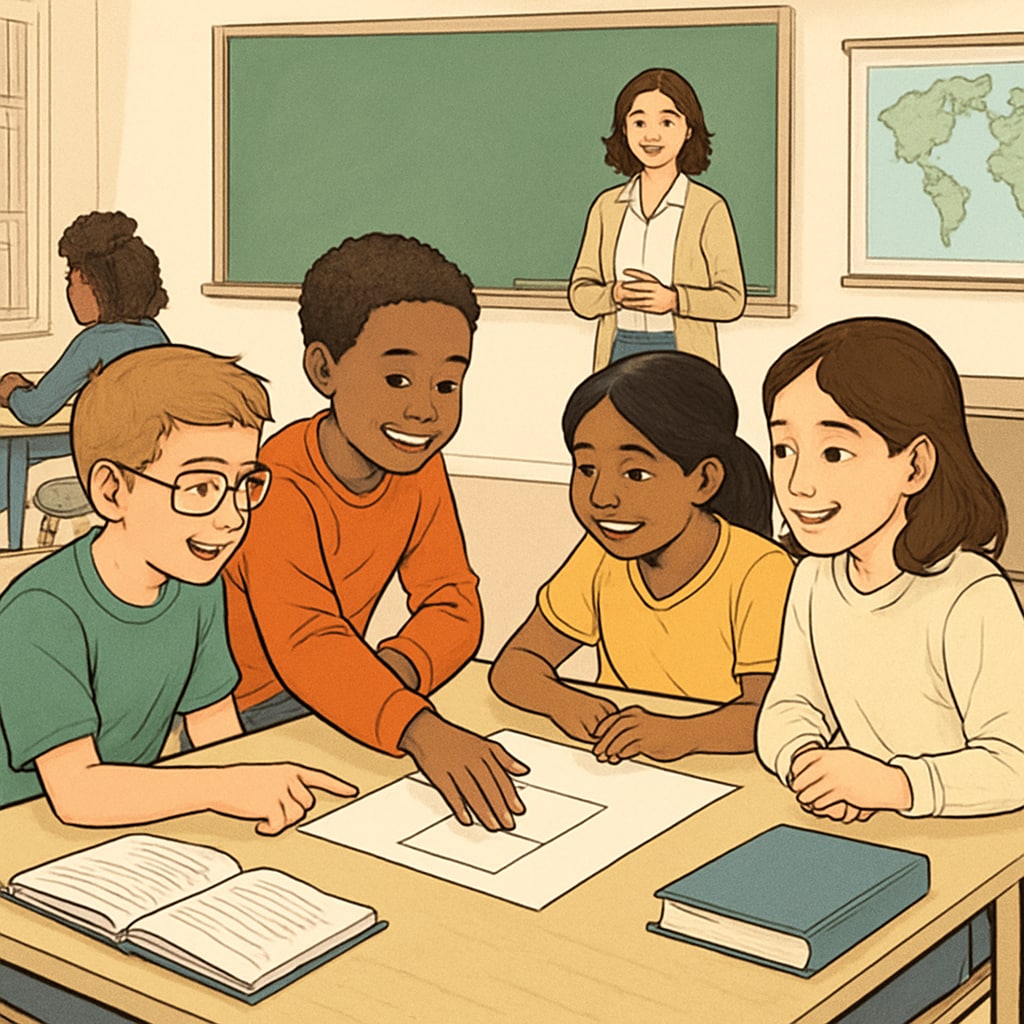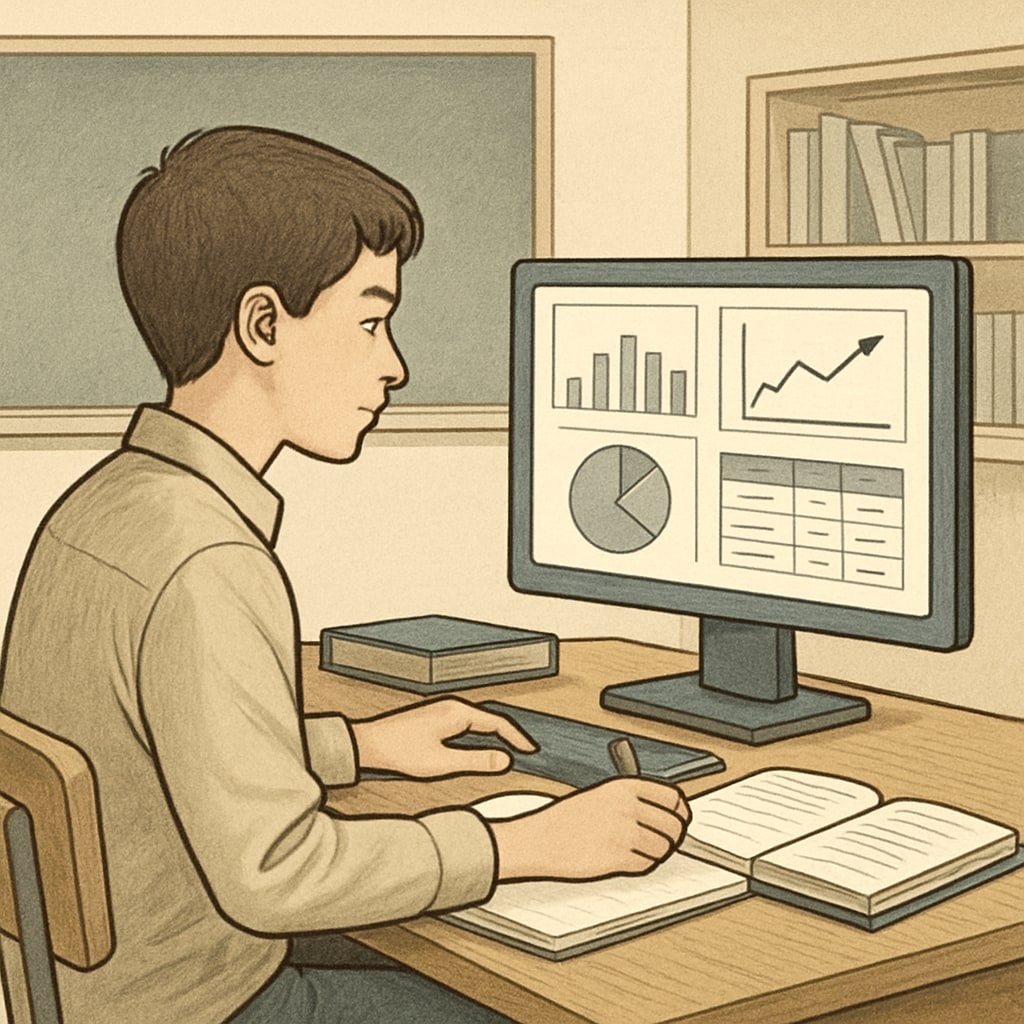Education, personal growth, and critical thinking are more than just buzzwords; they represent the foundation of an individual’s journey towards becoming a well-rounded and thoughtful human being. While traditional education often focuses on the transmission of facts and skills, its true essence lies in shaping students’ character and influencing their perspective on the world. This article delves into how education transcends the boundaries of knowledge transfer to cultivate critical thinking, self-awareness, and inclusivity in young minds.
The Role of Education in Character Development
Character development is one of the most profound outcomes of education. Schools and educators play a crucial role in instilling values such as integrity, empathy, and responsibility in students. By fostering a sense of community and encouraging collaboration, education helps young people understand the importance of ethical behavior in their personal and professional lives.
For example, classroom settings often include group projects and peer discussions, which require students to navigate diverse opinions and resolve conflicts constructively. These experiences teach essential life skills such as patience, respect, and teamwork, which are cornerstones of strong character.

Moreover, education introduces students to role models—both historical figures and contemporary leaders—who exemplify strong character and resilience. Through these examples, students learn that personal growth is an ongoing process shaped by both successes and failures.
Critical Thinking: The Key to Lifelong Learning
Critical thinking is another transformative aspect of education. In an age of information overload, the ability to analyze, question, and synthesize information is indispensable. Education equips students with the tools to think independently, evaluate evidence, and make informed decisions.
For instance, subjects like philosophy, science, and literature challenge students to question assumptions and explore multiple perspectives. By engaging in debates and writing essays, they practice articulating their thoughts logically and persuasively. These activities not only sharpen their intellectual abilities but also encourage open-mindedness and curiosity.

Furthermore, education fosters a culture of inquiry by encouraging students to ask “why” and “how” rather than merely accepting information at face value. This habit of questioning lays the groundwork for innovation and problem-solving, skills that are highly valued in both academic and professional settings.
Fostering Self-Awareness and Inclusivity
In addition to shaping character and critical thinking, education plays a pivotal role in developing self-awareness and promoting inclusivity. Self-awareness involves understanding one’s strengths, weaknesses, values, and emotions—a skill that is essential for personal and interpersonal success. Through reflective activities like journaling and peer feedback, students gain insights into their behavior and motivations.
Inclusivity, on the other hand, is cultivated when students are exposed to diverse cultures, perspectives, and experiences. Multicultural education programs and inclusive curricula help break down stereotypes and foster empathy. As a result, students develop a global mindset and learn to appreciate the richness of human diversity.
For example, collaborative projects with international partners or lessons on world history and literature broaden students’ horizons. They begin to see themselves as part of a larger, interconnected world and recognize the value of diverse contributions to global progress.
Conclusion: Education as a Lifelong Journey
Education is not merely a means to acquire knowledge; it is a lifelong journey that shapes character, inspires critical thinking, and nurtures self-awareness. By going beyond textbooks and exams, education transforms students into compassionate, thoughtful, and open-minded individuals who are equipped to make positive contributions to society.
As we continue to refine our educational systems, it is crucial to emphasize these broader goals. Educators, parents, and policymakers must work together to ensure that education remains a powerful force for personal growth and social change. In doing so, we can empower the next generation to not only excel academically but also lead lives of purpose and integrity.
Readability guidance: This article uses short paragraphs and lists to enhance readability. Transition words such as “for example,” “as a result,” and “moreover” are included to ensure smooth flow. The text avoids excessive passive voice and long sentences, maintaining a clear and engaging tone throughout.


